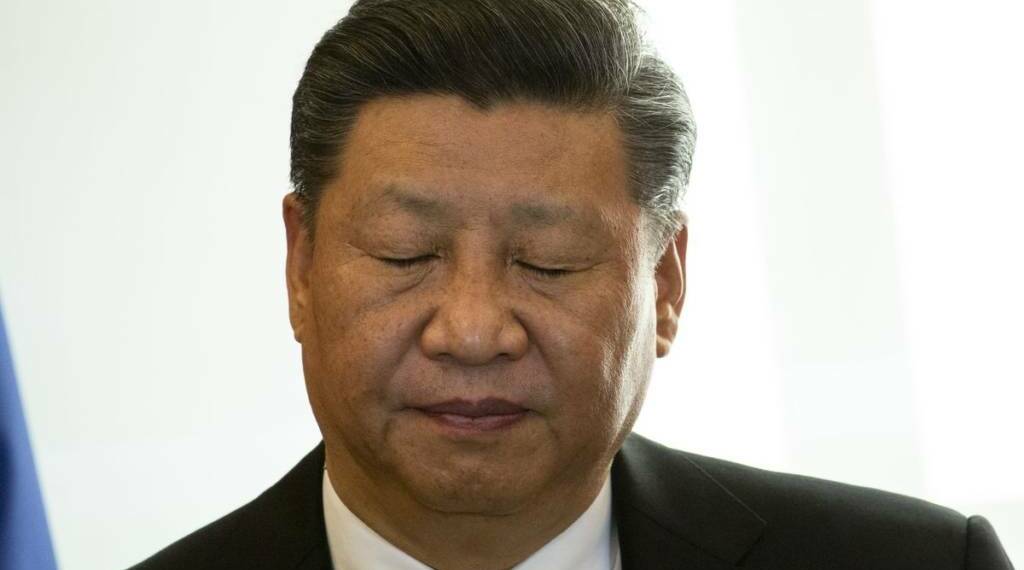It’s the economy stupid! Chinese President Xi Jinping bargained hard to get the Regional Comprehensive Economic Partnership (RCEP) effectuated. But now, the huge free trade deal is killing China’s EV industry. As per the latest reports, China has cancelled the subsidies that fuelled its EV boom, and now the industry is heading towards a catastrophe.
How big is China’s EV industry?
It’s absolutely huge. NIO Ltd, Li Auto and Xpeng Motors are some of the famous names. But there are thousands of small and scattered companies who are trying to make it big in China’s EV industry.
If you count in all new-energy vehicles including hybrids, EVs and hydrogen-powered automobiles, China had a staggering 635 companies in this industry. As per China’s business database Qichacha, the number of Chinese enterprises dealing in “new energy vehicles” went up by 81,000 in 2021 through mid-August.
As of 2019, China’s EV market was estimated to be worth USD 98 billion.
People in China are going crazy for EVs, and the sale of such vehicles tripled in the first eight months of last year to 1.48 million units. Chinese EV maker BYD is backed by ace American investor Warren Buffet. And even troubled real estate giants like Evergrande had invested in new energy vehicles. It is a different matter that Evergande couldn’t make a single car, just like the many projects that it has failed to complete.
RCEP could kill China’s EV industry
The RCEP has come into force from the first day of this year. It is the largest free trade agreement in the world and covers around 30 per cent of global gross domestic product and 30 per cent of the world’s population. The Chinese State media celebrates it as some sort of a ‘geopolitical win’.
But wait. The RCEP could kill the booming Chinese EV industry. You see, RCEP is a free trade deal. So, it means that the member countries, including China, will have to kill trade obstacles, including unfair subsidies for domestic industries.
Other RCEP countries like Japan are already looking to make inroads into the Chinese EV market. Toyota, the Japanese automobile giant, is planning to launch an impressive, all-electric small sedan in China. With this, it plans to outcompete Chinese EV makers in China.
Why do subsidies matter for China’s EV makers?
Let’s face it- China doesn’t have the advanced technology to match top global companies. Nor do the Chinese EV makers have the kind of reputation that it takes to compete with a brand like Toyota or Japanese automaker Mitsubishi.
In fact, China has an obnoxious automobile industry that copies the West in a an embarrassing manner.
So, how do Chinese people buy Chinese EVs? Well, subsidies. State subsidies gave Chinese EV makers a huge price advantage. Elon Musk came to realise this the hard way, as China is phasing out Tesla by subsidising local EV makers.
China is now cutting EV subsidies by 20 percent. This is a catastrophe for Chinese EV makers as heavy State subsidies have propelled China into world’s largest EV market that makes up roughly 50 percent of global sales.
People in China were buying EVs only because they were cheaper. As per China Association of Automobile Manufacturers (CAAM), of the 27.5 million vehicles expected to be sold in 2021, five million would be electric and hybrids. This was, however, an estimate before the start of last year and actual numbers will come out later.
But people in China are no Greta Thunberg fans, and they are unlikely to purchase costlier EVs manufactured by local companies. Chinese people will now either shift to brands like Toyota or simply buy fossil fuel-based, traditional cars. The Chinese EV industry had a decent period, but like all things Chinese, even the EV boom was just a bubble about to burst anytime soon.








